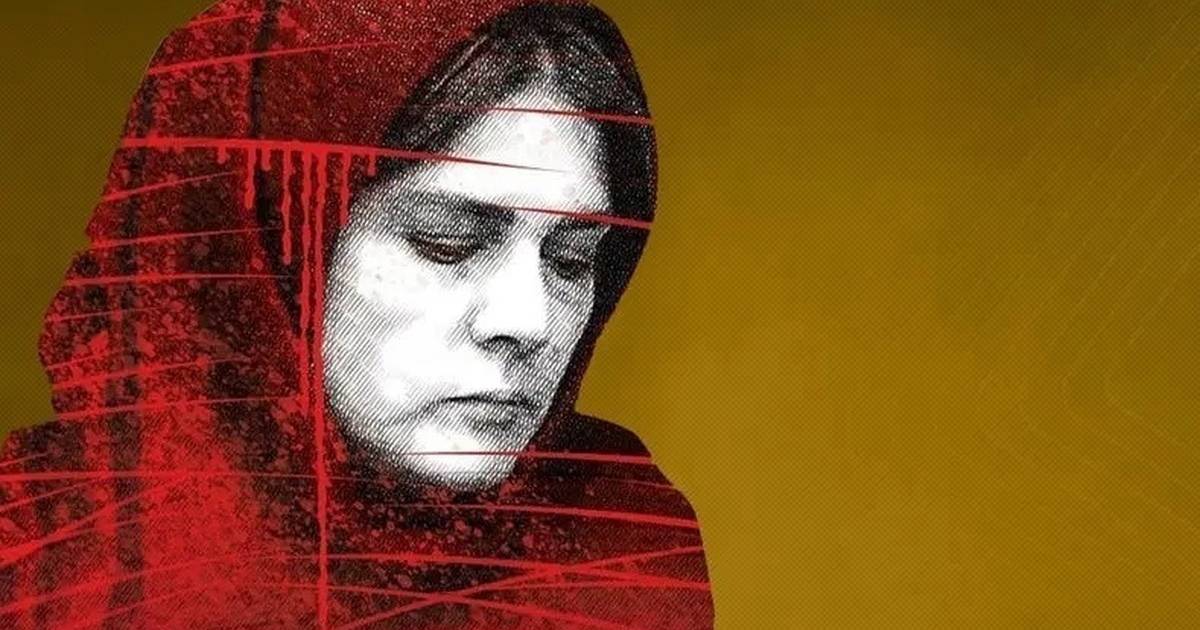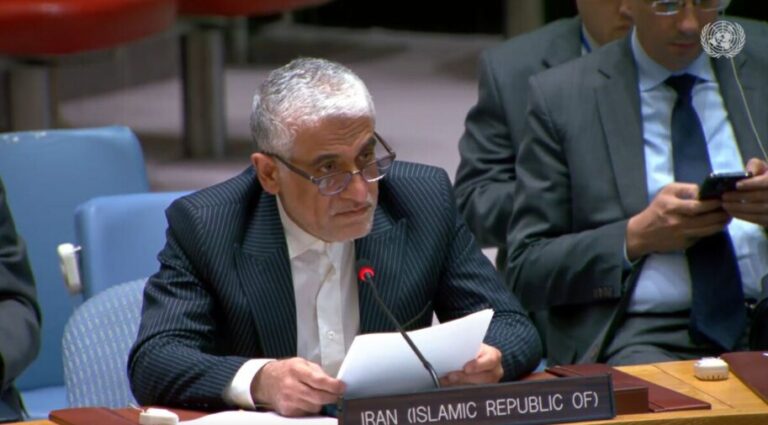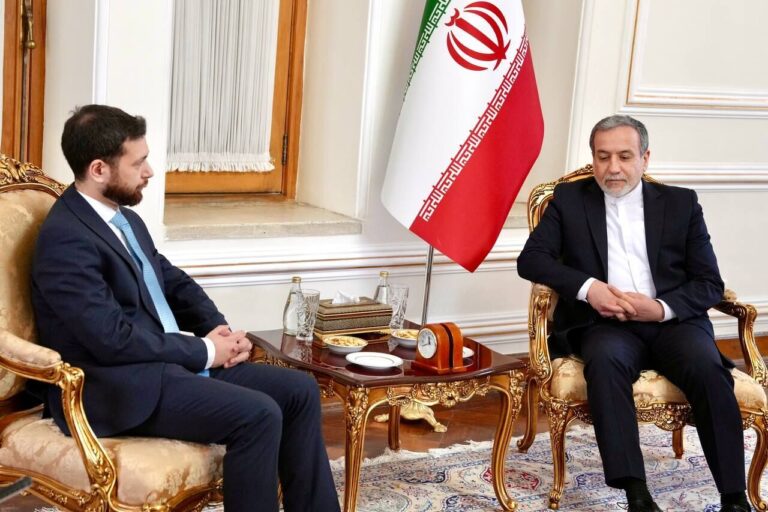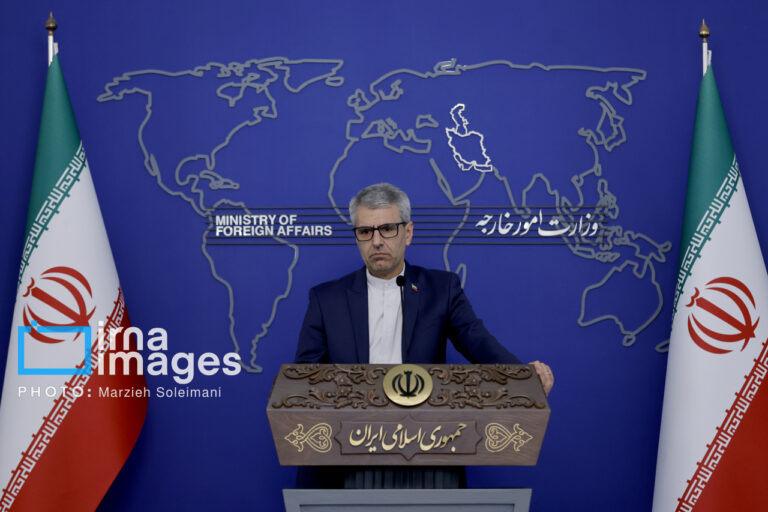Iran’s Hardliners Derail Key Violence Against Women Law: A Step Back for Women’s Rights
In a significant development regarding women’s rights in Iran, the government has decided to withdraw a crucial draft law aimed at combating violence against women from parliamentary consideration. This decision comes after hardliners made substantial amendments to the bill, ultimately diluting its intended protections for women in the theocracy.
The bill, initially proposed by former President Hassan Rouhani’s administration, sought to enhance protections for women by increasing penalties for physical abuse and establishing support services for victims. However, the revisions made by hardline lawmakers have fundamentally altered the bill’s core principles, prompting the government to abandon the initiative.
Key Changes to the Draft Bill
Among the most notable changes made by hardliners were the following:
- The term “violence” was replaced with “ill-behavior” throughout the draft.
- The title changed from “Safeguarding Women’s Dignity and Protecting them Against Violence” to “Safeguarding Women’s Dignity and Supporting Women and Families.”
- The revised version does not propose increased penalties for a broad range of injuries inflicted on women, such as cuts and bruises, limiting harsher punishments only to cases of dismemberment.
“We requested the draft bill to be withdrawn when we realized that (parliamentary committees) had changed the character and substance of the draft bill,” stated Zahra Behrouz-Azar, President Masoud Pezeshkian’s Women’s Affairs Deputy. “It no longer addresses prevention (of violence),” she told reporters on the sidelines of a cabinet meeting on Thursday.
Despite the government’s withdrawal, the hardline-dominated Parliament is expected to pursue its own version of the law, as indicated by Zohrehsadat Lajevardi, the chair of the Parliament’s Social Committee.
Changes to Educational Provisions
The current draft bill now mandates the Ministry of Higher Education to develop separate classrooms, study spaces, and even universities exclusively for women. This contrasts sharply with the original proposal, which advocated for interdisciplinary research programs and academic courses focused on violence prevention, as well as the establishment of counseling centers for victims.
Iranian journalist Mina Emamverdi expressed skepticism about the prospects for women’s support from a parliament that has previously approved stringent hijab laws. “The functional incongruity is a sign of the lack of a structural understanding of gender-based violence,” she argued in a post on social media platform X.
Legal Vulnerabilities for Women
Iran’s Sharia-based legal framework has long faced criticism for its discriminatory provisions against women, particularly in criminal and family law. Some of the glaring issues include:
- A law that exempts fathers from the death penalty if they kill their own children.
- A provision allowing a father to pardon his children’s killers.
These legal loopholes often lead to lenient sentences in cases of so-called honor killings. A tragic example occurred in February 2022 when 17-year-old Mona Heydari was murdered by her husband in Ahvaz. Her father aided the husband in bringing her back after she fled to Turkey seeking a divorce. The husband, who displayed her severed head in public, received a mere eight-year prison sentence after being pardoned by the victim’s father.
“The lack of deterrent laws, legal loopholes, and the father’s escape from punishment make domestic violence a modest crime,” noted Iranian journalist Samira Rahi in response to the recent killing of an 18-year-old girl, Fatemeh Soltani, by her father. The young woman had allegedly exposed her father’s infidelity to her mother, herself a victim of domestic violence. Under current laws, the father could face a maximum of ten years in prison for his actions.
The Long Road for Legislative Change
The fourteen-year gap in the presentation of the draft bill, first initiated by former President Mahmoud Ahmadinejad’s administration and finally submitted to the Parliament by Rouhani’s government in 2021, illustrates the ongoing tensions between preserving cultural and religious norms and advancing women’s rights in Iran.
Iran’s Supreme Leader, Ali Khamenei, expressed his views on the subject in 2017, condemning violence against women but cautioning against adopting Western values. He emphasized that definitions of violence should be rooted in Islamic beliefs rather than Western ideologies.
Former UN Human Rights Rapporteur Javaid Rahman highlighted that the bill had significant shortcomings despite some positive elements. For instance, it lacked comprehensive definitions of various forms of abuse, including psychological and economic violence, and excluded crucial issues like marital rape and child marriage. Rahman also warned that a provision requiring mandatory mediation in domestic violence cases could place victims at greater risk before any action could be taken against alleged perpetrators.
As the situation evolves, the struggle for women’s rights in Iran remains fraught with challenges, underscoring the critical need for comprehensive legal protections and societal change.






